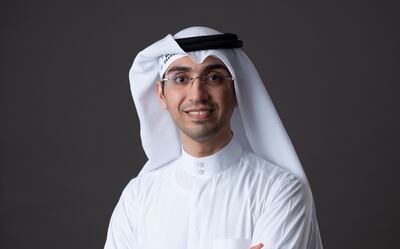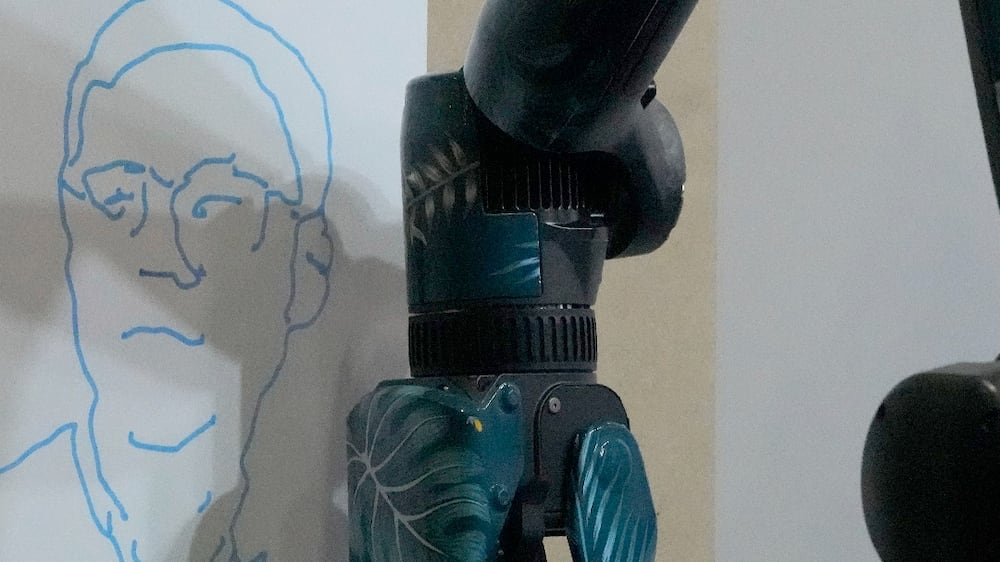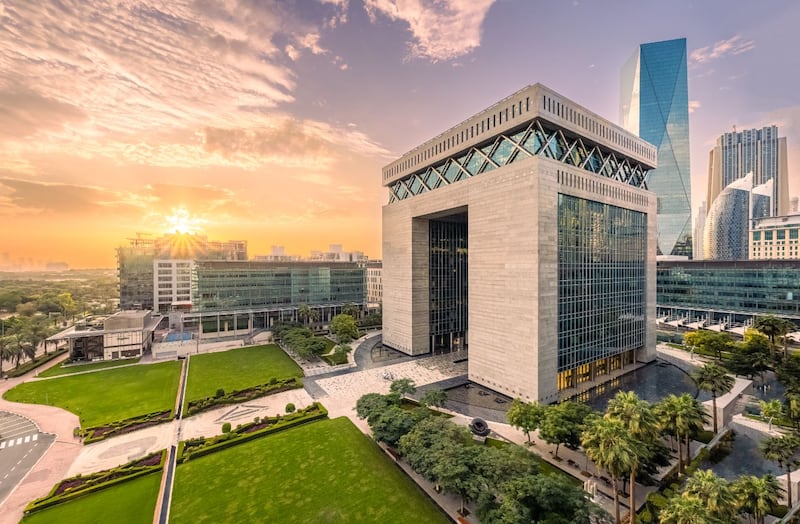Dubai is to issue commercial licences to help companies operating in artificial intelligence and Web3 to set up businesses, as the UAE aims to boost the sectors and attract more investment.
The licences, issued by the AI and Web 3.0 Campus through the Dubai International Financial Centre, will be 90 per cent subsidised and will support activities to aid the emirate's push to become a digital society, the DIFC said on Monday.
These activities will include distributed ledger technology services, specialised AI research and consultancies, IT infrastructure builders, technology research and development, and public networking services.
"We are confident that by granting these licences, we will attract more global talent and investment to the region, and create a culture of collaboration and innovation," said Mohammad Alblooshi, chief executive of the DIFC Innovation Hub.
The campus was launched in June and aims to be the largest cluster of AI and Web3 companies in the Middle East and North Africa region.
It has set a goal of attracting more than 500 high-tech companies by 2028, bringing in $300 million in funds and creating more than 3,000 jobs in the next five years.
"This is a notable milestone for the Dubai AI and Web3 Campus and will strengthen Dubai’s position as the business destination of choice for technology-focused companies and attract more world class talent and diversified investors to the region," Mr Alblooshi said.

AI has long been used by businesses and in society, but has gained traction as the digital economy rapidly grows and countries continue to encourage its use.
Among its most notable applications are for virtual assistants, online shopping, search engines, data analysis, speech and face recognition systems, machine translations, and smart homes.
It has been made more popular by the rise of generative AI, which was brought into the mainstream by ChatGPT, the Microsoft-backed platform from OpenAI that can produce various kinds of data, including audio, code, text and videos.
For businesses, in particular, generative AI’s effect on productivity could add between $2.6 trillion and $4.4 trillion annually, according to a recent study from McKinsey. Fellow consultancy PwC projects AI to contribute about $15.7 trillion to the global economy by 2030.
AI is also tipped to help create about 200,000 jobs in the Middle East by 2025, a report from McKinsey showed.
Web3, meanwhile, is the new concept of the World Wide Web, with core components including blockchain, decentralisation, openness and greater user utility.
The technology is projected to contribute about $15 billion to GCC economies annually by 2030, led by Saudi Arabia, a study from PwC unit Strategy& had shown.
The AI revolution: What does our future look like?

The Dubai AI and Web 3.0 Campus provides state-of-the-art physical and digital infrastructure within the DIFC Innovation One premises, which includes R&D facilities, accelerator programmes and collaborative workspaces.
"The campus will foster a world-class nurturing environment that enables business growth and development," Mr Alblooshi said.
Dubai has also launched several initiatives to support its plans to boost AI's growth.
In June, the Dubai Centre for Artificial Intelligence was launched, with the site to train 1,000 employees from more than 30 government bodies on the uses of generative AI.
In July, it was announced that the emirate will host the Dubai Assembly for Generative AI in October, an event that aims to shape the future of AIand introduce governments and societies to the opportunities it provides.






